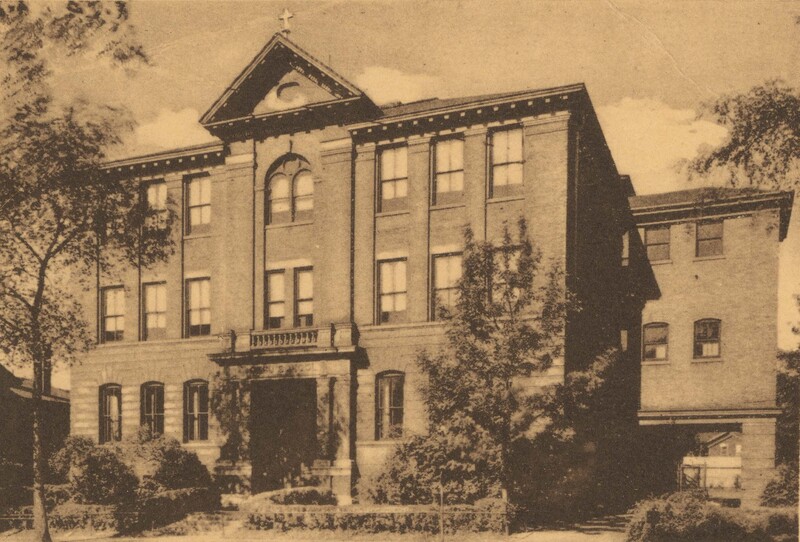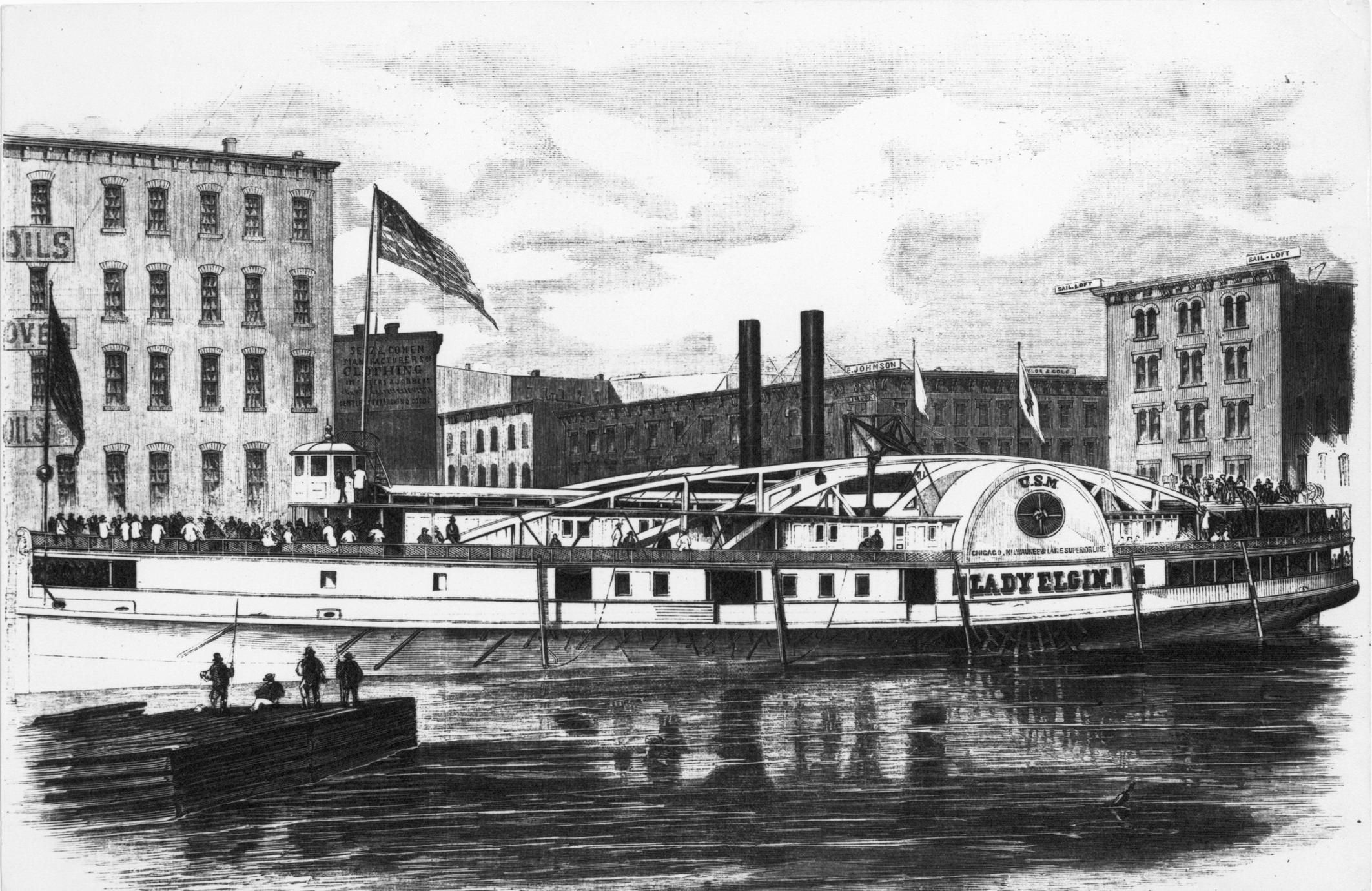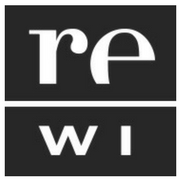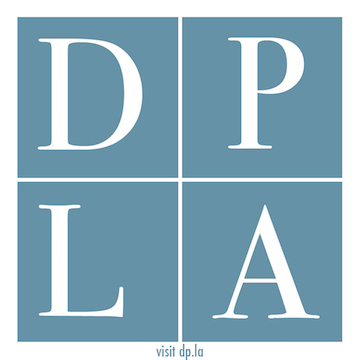In early 2016, these lantern slides were donated to the Beloit College Archives by the Department of Geology. Little is known about their date of production or the company that created them. Previously used in classroom teaching, they depict a variety of geological features across the globe.
Geology Lantern Slides







